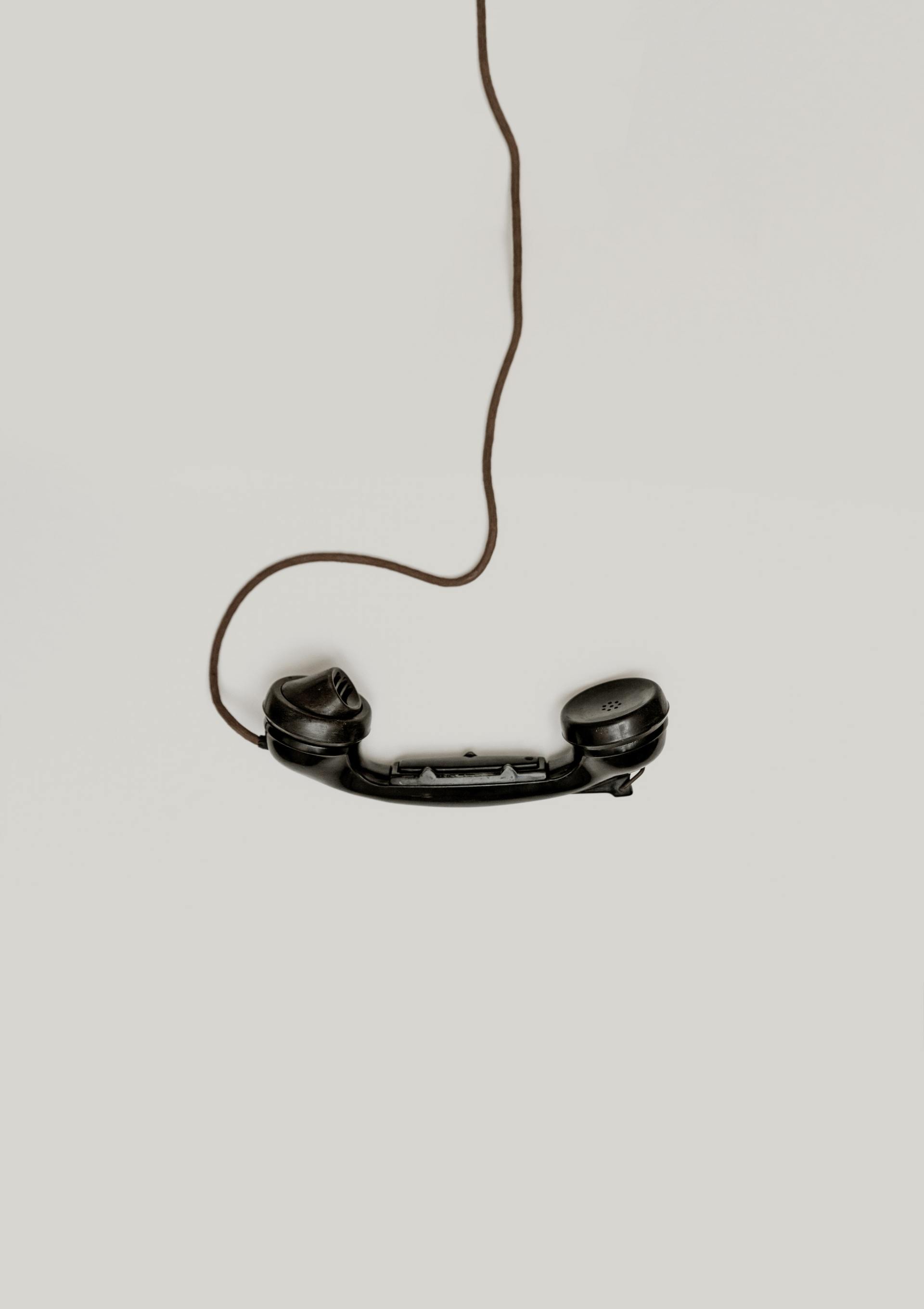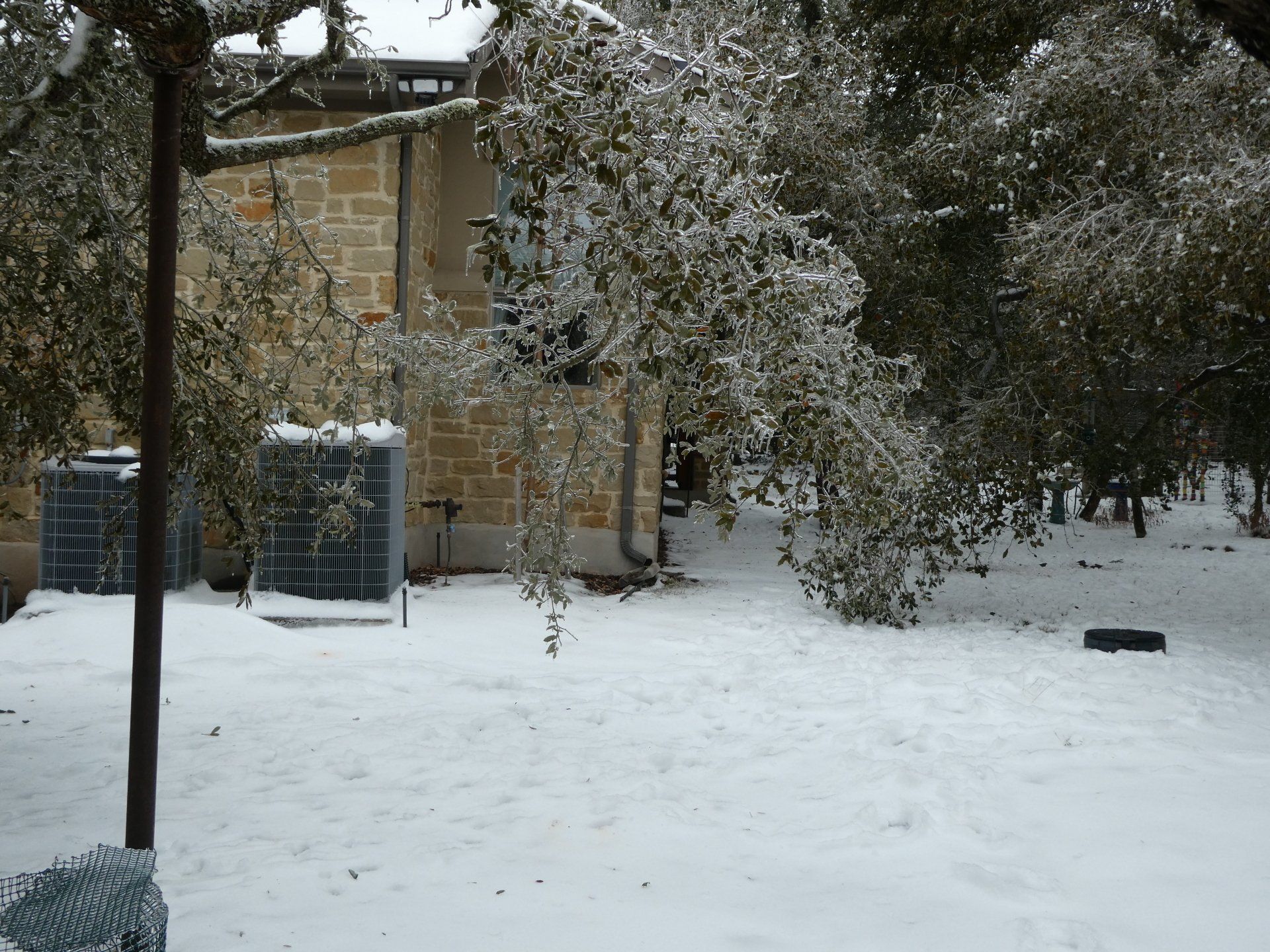The NEW Retirement
Mindset about the words retirement, death, and preparedness.
When you hear the word retirement do you automatically think of a particular age of person? But have you at least heard about someone who at age 28 made millions on a high tech company sale? And that person could very well choose to retire.
When you hear that someone died, do you automatically picture a very old individual? About what age do you think? What does the person look like?
And when you overhear a discussion about getting your papers in order, what is your reaction? Do you think about things you should do to prepare for an unexpected death or do react with a feeling that only the elders need to worry about such things?
We are all biased. We don't want to equate living with choices. We want life to have the same constant beat - work hard, make money, enjoy life, play golf (okay maybe drive a race car instead) and then die. BUT life is full of choices and without any guarantees.
The American Society on Aging recently completed a study paid for by Edward Jones. It speaks to the dramatic changes that must be made about aging and aging services. In my opinion, the study is full of prejudices. It equates aging with retirement. and yet in reality, retirement can play out very differently for a vast array of people.
Yet the study - 4 Pillars of New Retirement - during the pandemic used 9000 adults from North America that fit across five generations. The four pillars included health, family, purpose, and finances. Edward Jones certainly has an interest in the finances part.
The study brought to light the fact that covid has turned lives upside down. Those who answered that they were coping acceptably during the lockdown time period showed it was worst amongst Gen Z and millennials. Furthermore it showed that those over age 75 known as the silent generation were coping the best. These results were because of responses to survey questions.
However, in official retiree numbers, the survey also showed them watching 48 hours of TV per week. I don't know about you, but I think that is a huge amount of TV (I don't even own one). Why don't we find ways to make these individuals - even during a pandemic - feel useful? Volunteer?
During the pandemic, 30 million Americans were estimated to have had "end of life" discussions for the first time. Could it be because the word death was used in every news article and headline? Or was it because people had too much time on their hands and the discussion had been on their "to do" lists?
Today is a great day to begin to have those challenging inner discussions about your own prejudices. We are all going to die and we don't know when. Dying is part of life. If you can't stand the idea of dying, you better start working on getting help. You will. We all do. Make each day your very best.
Thanks to Edward Jones https://www.edwardjones.com/images/Edward-Jones-4-Pillars-US-report.pdf





